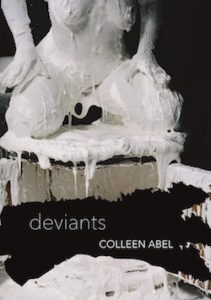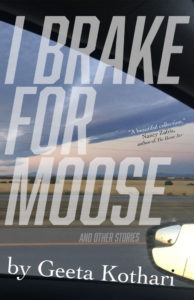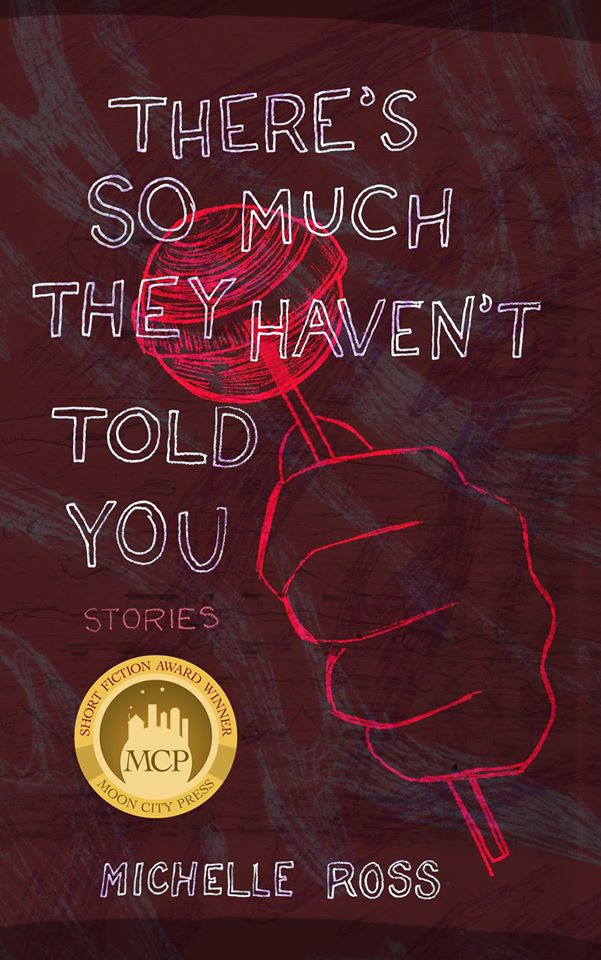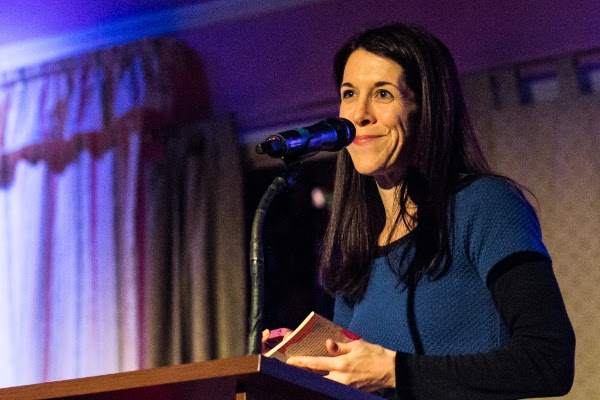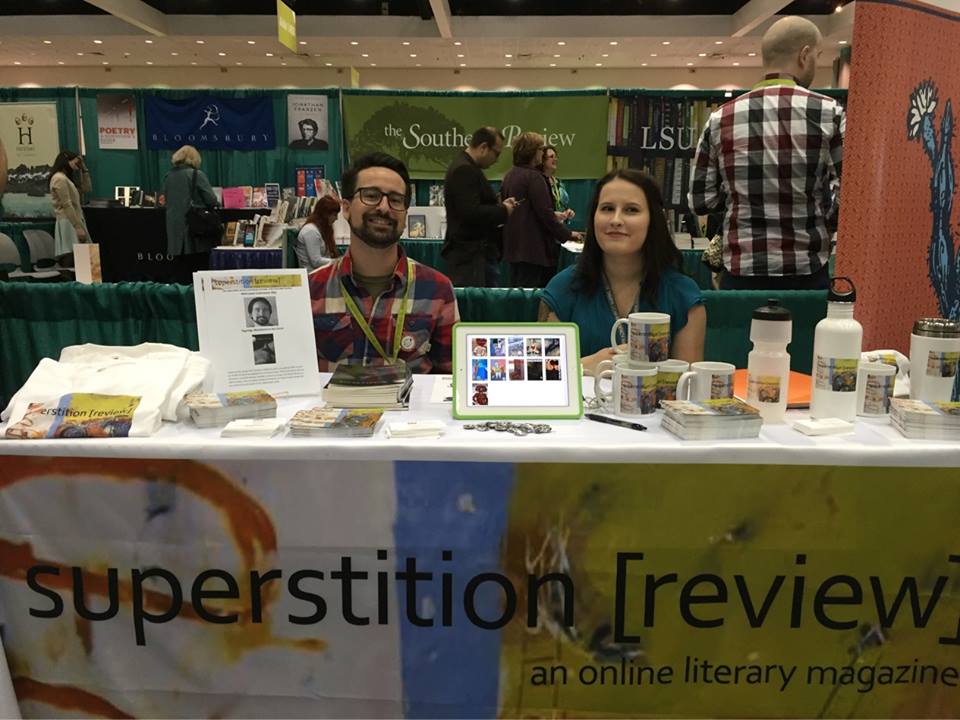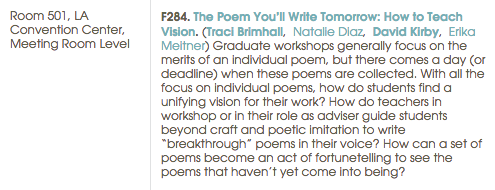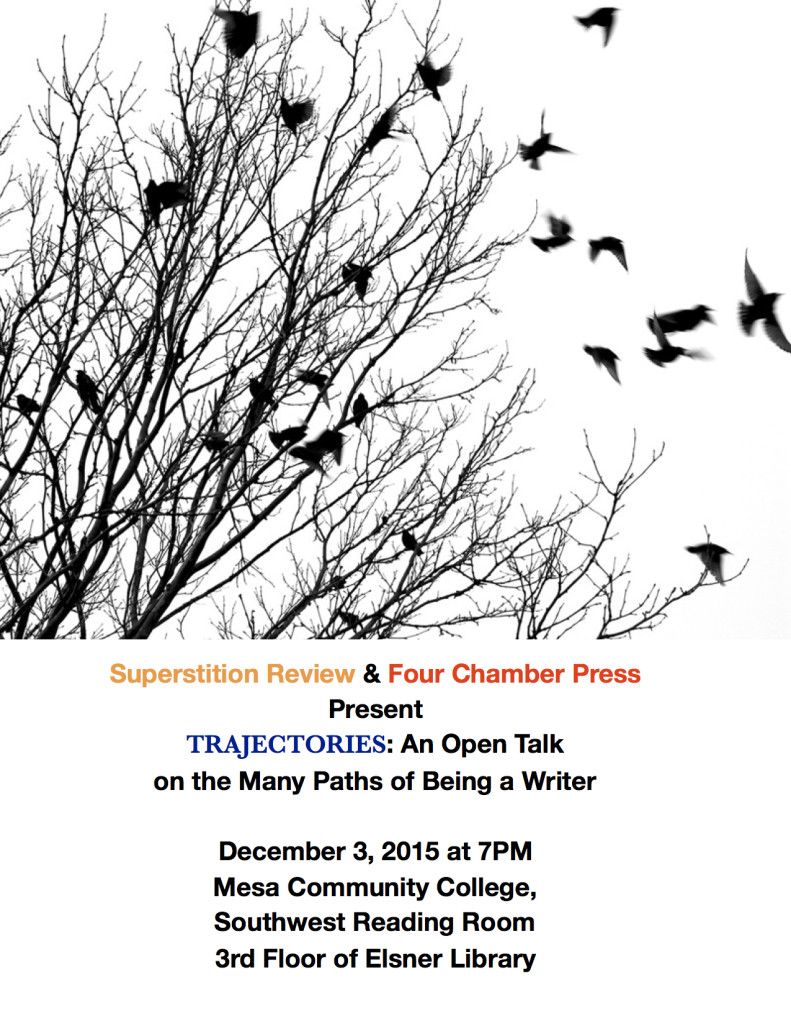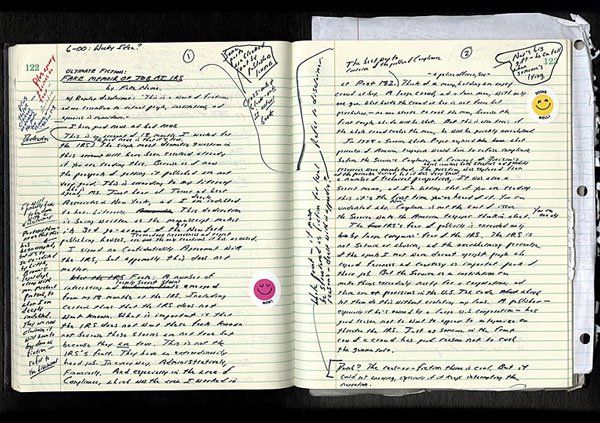I start out wanting to write a Blog Post for Superstition Review. I want to make it funny. Knowledgeable. Relate-able. The reader should laugh and think “I would like to talk with this writer.” All great writing is getting people to think they know you, that they would want to talk with you.
But I have no idea what to write about. I just graduated from college and that is about as boring and overdone a topic as any. I might as well write about golfing, or about the time I played flag football at a local park and discovered I am not the sort of person who should be playing flag football at a local park.
I like to write, but have written nothing of tremendous value. That isn’t fishing for compliments, just speaking objectively. Therefore I can’t offer advice to writers, though I have in the past done this very thing and, to this day, I still feel guilty about it. My writing is not terrible and has made some money in academic contests but I know, what everyone knows, but no one likes to say, that undergrad academic contests aren’t worth anything except the prize money. So I can’t write about being a professional writer, because I am not a professional writer.
I’ve had great experiences through my time as a Blogger/Non-Fiction Editor/Student Editor in Chief at Superstition Review, but others, in ways I cannot top, have written about those very experiences for this very Blog. Others, in ways I have yet to mimic, have taken those experiences and grown because of them. I have been to a writing conference but already have, in a previous post, beaten that horse to death with a very small club. I have been to AWP but spent more time touring the city than touring the Book Fair (shameful, I know, but who could have guessed I was to fall in love with cold beautiful grey Minneapolis?).
 Bloggers tell you to write what you know, to relate to your audience through what you know. Good with dogs? Write about dogs. Write about how finishing a short story is similar to teaching a new puppy how to piss outside. It’s all about consistency. Go on a lot of hikes? Write something about the writing process and compare it to hiking a new trail, a harder trail than usual. It’s all about persistence. But my dog still sometimes pees on the living room rug, and the last trail I hiked ended with a whimper, not a bang. I thought maybe I could write about how to make the world’s best macaroni and cheese, but then I remembered, halfway through that ill fated blog post, that the best mac and cheese I ever had was made by a girl named Beth one drunken night six years ago at a friend’s house where we were all drinking wine out of plastic red cups and that recipe, like my connection to Beth, was completely lost after that night.
Bloggers tell you to write what you know, to relate to your audience through what you know. Good with dogs? Write about dogs. Write about how finishing a short story is similar to teaching a new puppy how to piss outside. It’s all about consistency. Go on a lot of hikes? Write something about the writing process and compare it to hiking a new trail, a harder trail than usual. It’s all about persistence. But my dog still sometimes pees on the living room rug, and the last trail I hiked ended with a whimper, not a bang. I thought maybe I could write about how to make the world’s best macaroni and cheese, but then I remembered, halfway through that ill fated blog post, that the best mac and cheese I ever had was made by a girl named Beth one drunken night six years ago at a friend’s house where we were all drinking wine out of plastic red cups and that recipe, like my connection to Beth, was completely lost after that night.
Telling me to write about what I know has always been a sort of cruel task; because I want to write about what I don’t know, and about that which makes me question my sense of authority. I am reminded of a writing professor who, in a soft rant against ‘trigger warnings’, asked our small workshop circle “Isn’t getting triggered the point?” For me, it goes like this: isn’t admitting you don’t know the point?
Here’s what I don’t know: the value of writing and whether or not I am a writer. I have loved books from a young age and can point to moments in my life that were shaped directly by the works of Salinger (specifically his collection of short stories revolving around the Glass family), to Tolstoy’s War and Peace (one of the first books that genuinely made me want to be a better person) to Dubliners by James Joyce which made me first think about becoming a writer. There are more recent examples, as well. In Matt Bell’s Scrapper there is a scene, where our protagonist finds a stolen boy and the snow is falling overhead, and where I, the reader, was so completely transported into that scene that my heart skipped a beat. But the more I work on Social Media for my job, the more I interact with other readers, with other writers, the more new books and new styles of writing I read, the more the doubt inside me grows. As valuable as stories have been to me, how can we properly value them? There have been blog posts in the past about how writers should be paid, for their stories, their poems, and that magazines shouldn’t expect writers to be content with just getting published. But can we really make that case? I would argue the opposite. That now in this sea of media, where everyone, through so many mediums, has the ability to share their voice, the value in stories is dropping or, at the very least, leveling off in an over saturated market.
This makes me doubt my writing. Do I really just want to be another voice in the market? Is there anything I can say that someone couldn’t say better? I honestly don’t know. That’s why I wanted to write this blog post, because I have no idea. What I see, through Social Media, are countless writers celebrating the fact that they are just writing. And this gets me a little depressed. It isn’t enough that we are just writing. It isn’t enough that we can take photos of our notebooks next to coffee cups and filter the image to look antique and post it. Perhaps this is the result of working in a book store and seeing just how many books get published and how few new writers actually get read. It isn’t enough that you have a story to tell. But now I am giving advice to writers, which is something I already said I wasn’t going to do. So let me stop while I am ahead.
Here’s where the title of my blog comes from: I saw Ira Glass perform at the Mesa Arts Center a few years ago in the show “Three Acts, Two Dancers, One Radio Host.” It was one of my favorite things I have ever seen and in that performance, Ira Glass quoted a friend who said “when we choose to be with one person for the rest of our lives, we are choosing the person we will spend the rest of our lives falling in and out of love with.”
I think it’s safe to say I’ve fallen out of love with writing. Like any great relationship, falling out of love makes me think of our earliest moments. I remember the first real Creative Writing class I had, where the teacher wrote the words “blue boot” on the whiteboard and asked us, rhetorically, what we were thinking of in that moment. Of course the answer was: a blue boot. Wow, the teacher said quietly, isn’t that amazing? Just by putting two words together, an image was created in our mind. What if, instead of a boot, we did that with a town? Instead a town, a world? Instead of a world, an emotion? What if, through words, we could create the idea of love, of loss, of fear, inside our reader? Wow, all of us students quietly said to ourselves.
This is all to say I still love reading good work. There were two writers I met at Bread Loaf whose writing I loved. One of them had already published a book and I read it in a matter of days. The other one hadn’t published a novel yet, but was certainly almost finished with their first draft. I look up their names every now and then in the usual places. Linkedin. Twitter. Instagram. They aren’t there. They don’t exist on Social Media and this makes me so goddamn happy. Now I can tell myself that, wherever they are, they are focusing on their work. Nothing else. And that one day soon their next book, their next story, their next finished product is going to be put out into the world, and whatever they have created with their words will be stirred within me.
